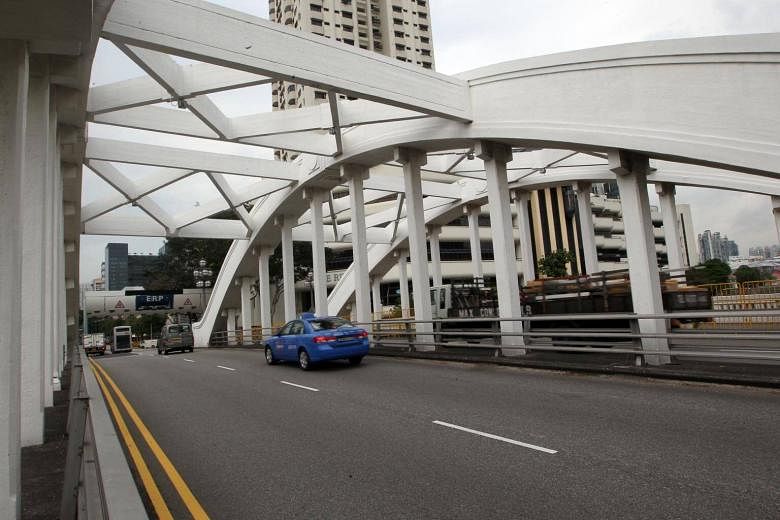The days of colonial rule ended in 1963 when Britain left Singapore to govern itself.
It is pertinent to note that the locals in present-day Singapore are descendants of immigrants who came here when the British established a trading post on the island in 1824.
To harp on British colonialism in Singapore and to show traits of anti-colonialism after 200 years, targeting the developments that the British made possible and which benefited the people, is to be mean-spirited (Give Elgin Bridge more meaningful name, May 24).
This year, as Singapore marks its bicentenary, it is timely to acknowledge that without the British presence, there would be no modern Singapore, and that is something to consider when we take the anti-colonial path and demand that structures bearing British names be replaced.
It was the British who built up this island, and it was only from the 1950s and 1960s that the foundations that they laid were strengthened and improved upon by the Government.
By removing British references in the names of buildings or landmarks, we would be removing a part of the history and heritage we are trying to preserve.
What would present-day Singapore be without these beginnings?
Florence Veronica Minjoot

